“
Black Sabbath ... no need to present this group or the myriad of musicians and virtuoso who composed it.
I must admit, before starting, write a chronicle of the Ozzy period is to me a whim at the service of my pride. To chronicle the original Sab’ is chronicling the metal.
This album is the last that includes the original formation, before the storm
Dio.
At that time the group is seeking new ways to experiment. If the group has reinvented itself (well) for the “
Sabotage” album, “
Technical Ecstasy” had met a partial success (yet!).
Black Sabbath is then forced to renew again, but the failure of this album can be attributed to the punk movement in development in the U.K. and the rest of the world.
The recording of the album foreshadowed his tragic end as the first recordings were made with another singer Dave Walker. Ozzy had then temporarily left the band. His absence during the rehearsal sessions of thus album had already been initiated during the recordings sessions of “
Technical Ecstasy”.
The “madman” finally returns to record this final album. So it is no longer a matter of months before he was permanently removed from the training. Ward acting as executioner, ordered by
Iommi, will do it after the tour. About this tour, there is only a record, in
June (1978), at the
Hammersmith Odeon left.
At that time, Ozzy and the band were constantly under the influence of drugs and alcohol and it ultimately transpires throughout the listening of the album. “
Never Say Die!” is only a facade, something is really dying.
After five long months of recordings (and debauchery (s)) the album is landed on the market on September 28th, 1978. If the album is relatively well received in Great-Britain and in a comfortable place in the UK charts, this is not the same in the
United States.
Soon the album falls into what might be called "the forgotten rock albums".
You have to note that this is the second album whose cover is made by the collective Hipgnosis (Pink Floyd, and
Led Zeppelin from Houses of the Holy,
UFO, Genesis ...).
The production is clearly well licked, each instrument is perfectly audible.
Each person in the group excels in his role, but the place is to innovations with the increasing role of keyboards. Ozzy gives us here a performance, I must admit, despite the excesses, a tad better than the rest of the discography.
The compositions are deceptively less severe than previously (no more "
Sleeping Village", "
Lord of this World", "St. Vitus Dance" or "You
Will not Change Me "...)
By listening thus titles like "Johnny Blade" or "Air Dance" (and despite of the keyboards, although are a bit old now) we are almost doubt as to whether this is actually the
Black Sabbath, it sounds like the Emerson,
Lake & Palmer or any progressive group of the 70’s.
The group knows how to innovate but not completely reinvent itself, and the riff of "A
Hard Road" recalls the "
Children of the Grave"’s riff. This title is also quite exceptional because it is the only title of the band's discography where the four original members are gathered around a microphone. "
Shock Wave" is more in the vein of old titles. Those two are not "ass kickin’ songs" but good songs nonetheless.
"Breakout" is an instrumental jazz, good enough to make you want to reconnect with Miles Davis. It reports directly to the last track sung by
Bill Ward, who took the microphone for the second time (the first being "
It's Alright" on
Technical Ecstasy) concludes the album with dignity singing "Swinging the
Chain".
Three titles are, in my opinion, holding sway: the highly effective "
Never Say Die!", the inventive "Junior's
Eyes" and the ironic "Over to You". This song is the last time that we hear Ozzy on the record of
Black Sabbath. The refrain "Over to you / future looks blue / what can I do?" is signed by Geezer, is there any message dedicated to Ozzy?
If the presence and awareness of
Black Sabbath in metal are well established, for many fans
Black Sabbath is with Ozzy, period.
Make no mistake, the recent reissues are based on this period. However, the well known period of this formation is in the first sub-period (from the self titled album to “
12012”), those albums that have made what metal is today.
The second period, (from “
Sabbath Bloddy
Sabbath” to “
Never Say Die!”, and especially “
Technical Ecstasy” and “
Never Say Die!”), remains mainly unknown. Yet it is in this period that we will have the best surprises coming from the band ("
Spiral Architect", "Am I Going
Insane (Radio)," "
Gypsy," "Over To You" are few examples).
This latest album from the Ozzy period leaves a strange feeling: both of fullness, but also a bitterness of regrets as when "Swinging the
Chain" ends we ask ourselves: "This is
The End of THAT Sab’!
But is it
Forever?” ”
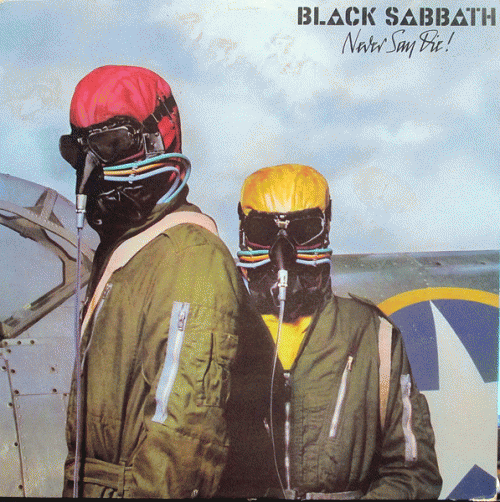
 Black Sabbath : Never Say Die
Black Sabbath : Never Say Die











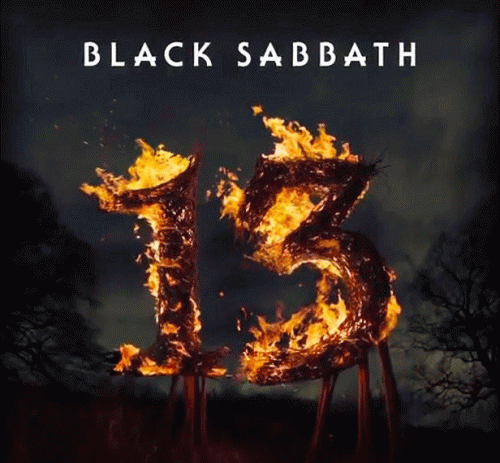
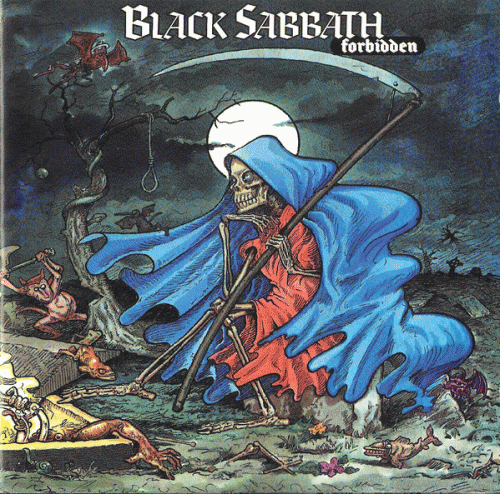
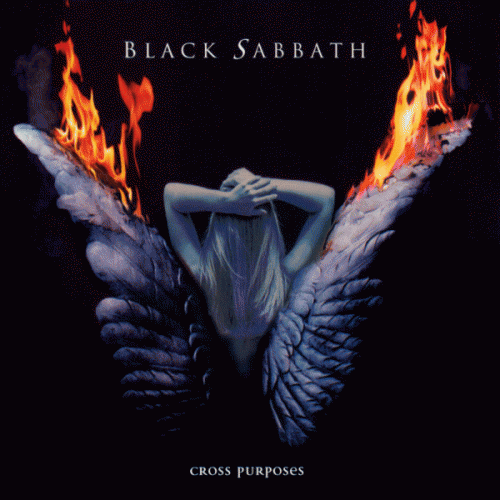
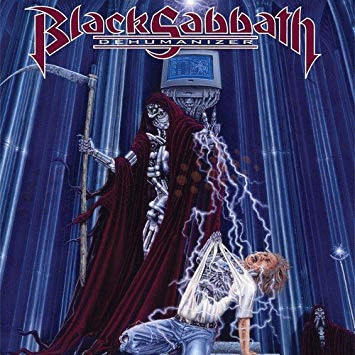
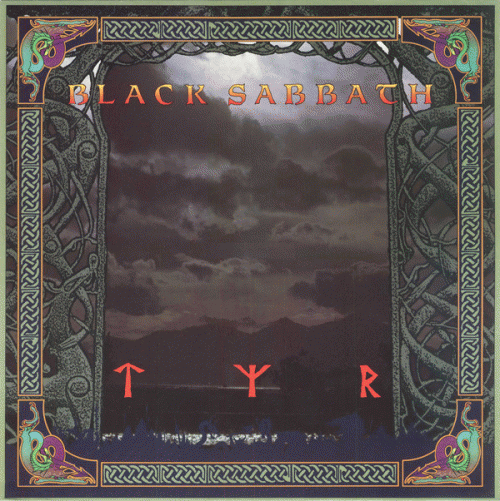
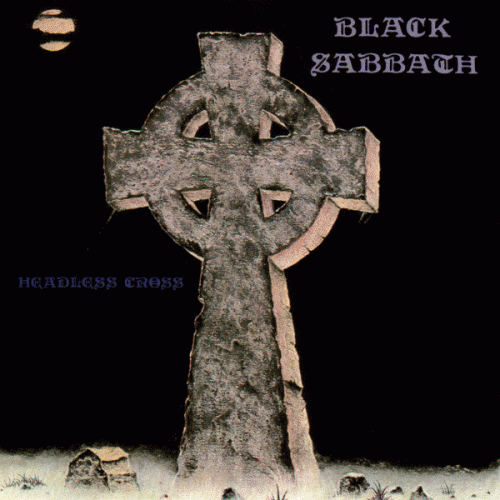
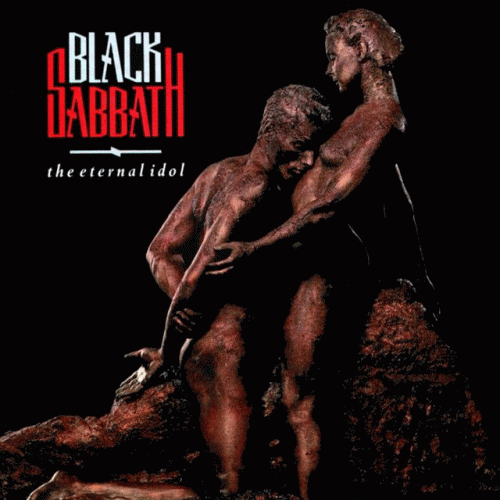
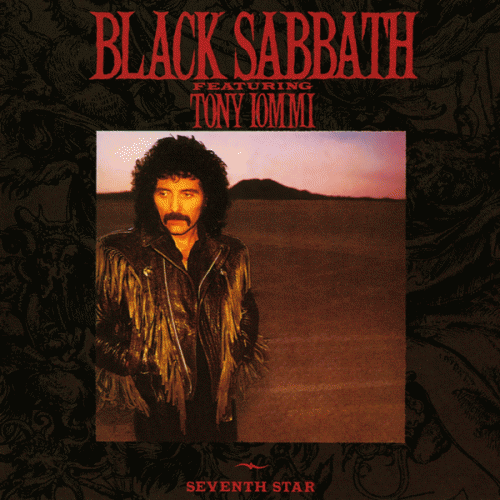
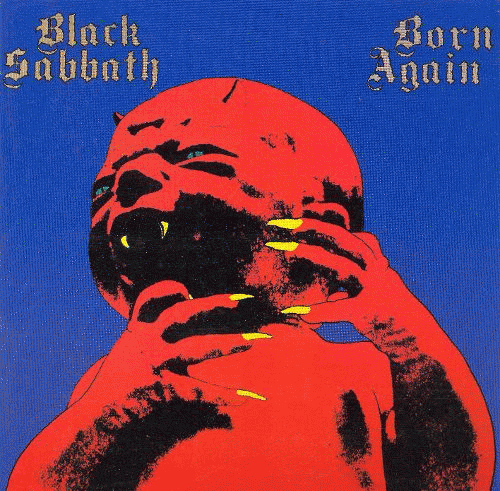
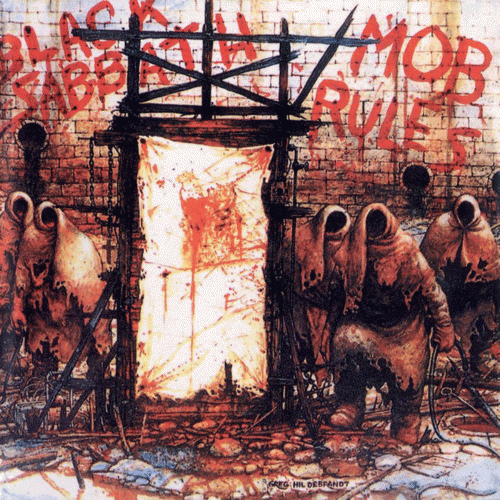
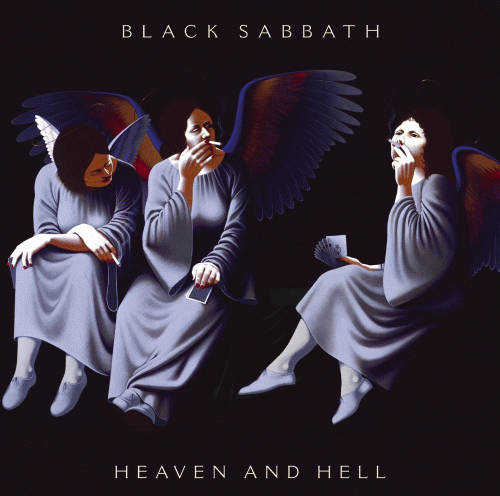
É necessário que estejas conectado/a para adicionares um comentário